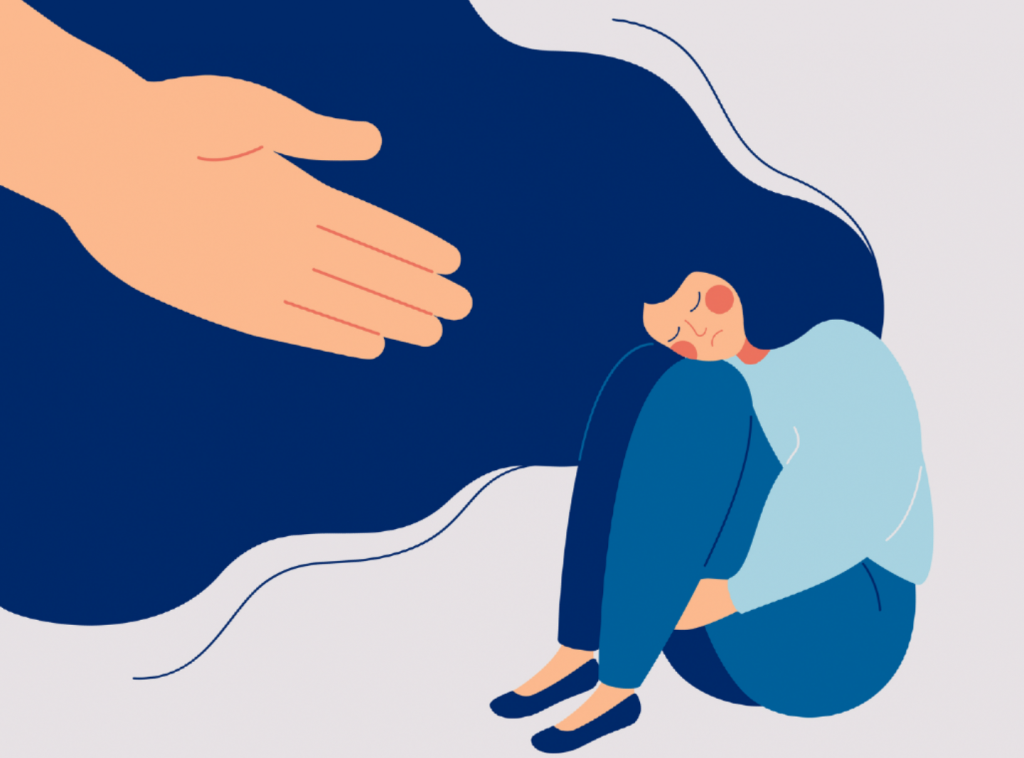Story at a glance
- Author Tal Ben-Shahar’s new book “Happiness Studies” introduces a new interdisciplinary field of study dedicated to exploring happiness.
- The co-founder of Wholebeing Institute proposes a simple process for holistic well-being.
- The “SPIRE” strategy calls for breaking down wellness into spiritual, physical, intellectual, relational and emotional well-being.
Humans have spent much of their existence in the pursuit of happiness, but, nowadays, who has the time? In his new book, “Happiness Studies,” Tal Ben-Shahar combs through the research and distills the whole process down to two steps.

Step one, redefine happiness. The author cites a study that found seeking happiness could actually make you depressed.
“The analogy that I give in the book is sunlight. Looking at the sunlight directly hurts. But if I break down sunlight into its colors and look at the rainbow, that I can enjoy. But directly pursuing happiness can hurt me,” Ben-Shahar told Insider.
America is changing faster than ever! Add Changing America to your Facebook or Twitter feed to stay on top of the news.
Instead, he says, pursue “wholeness,” a more holistic sense of wellness that focuses on both the internal and external well-being.
So how do you do that? That’s step two, or “SPIRE,” a strategy created by Ben-Shahar and Megan McDonough, co-founders of Wholebeing Institute. The acronym represents five parts of the “wholebeing”: spiritual, physical, intellectual, relational and emotional.
“The word ‘spire’ is within the word ‘respire,’ meaning to breathe — the act that keeps you alive. The SPIRE perspective encourages you to know yourself — to understand and value that which is uniquely and wonderfully you. When you become grounded in who you are, it becomes a source of energy. While respiring (breathing) keeps you alive, SPIRE wholebeing seeks to keep you enlivened,” according to the institute’s website.
READ MORE STORIES FROM CHANGING AMERICA
HERE’S WHAT THE ‘CHIEF HAPPINESS OFFICER’ ACTUALLY DOES AT ONE COMPANY
ONE IN FOUR ADULTS WITH DEPRESSION OR ANXIETY LACK ACCESS TO MENTAL HEALTH SERVICES
EVEN ONE NIGHT OF SLEEP LOSS AFFECTS MENTAL AND PHYSICAL HEALTH, ACCORDING TO A NEW STUDY
EARLIER EXPERIENCES AFFECT OUR MOODS MORE THAN LATER EVENTS, NEW STUDY SUGGESTS
PSYCHOLOGICAL EFFECTS OF THE PANDEMIC MAY BE FELT IN YOUNG PEOPLE FOR A LONG TIME TO COME
SLEEPING AND WAKING ONE HOUR EARLIER CUTS RISK OF DEPRESSION: STUDY
changing america copyright.